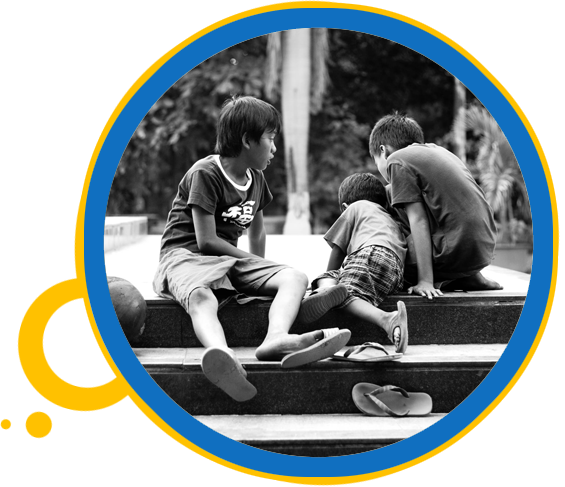The Canadian Journal of Psychiatry showed that ADHD in boys increases their risk of experiencing a brain injury.
ADHD is a medical condition that can affects a child’s ability to learn and academic performance.
This recently published research examined data from 724 Canadian males aged 6-34 to see if there was a correlation between ADHD and traumatic brain injuries (TBIs). These researchers went through the participants’ medical records, gathered data, and asked the participants’ teachers to complete a classroom behavior questionnaire.
TBIs can cause vision problems in addition to headaches, dizziness, nausea, and vomiting.
After a brain injury, even in a child, neuro-optometric rehabilitation therapy can assist with the discomforts and problems associated with TBIs.
SEE RELATED: Diagnosed with ADHD?
Contact a vision therapy eye doctor who can evaluate vision and offer treatment following traumatic brain injury to ensure a heightened quality of life.
Why do boys with ADHD incur more head injuries than others?
There’s still a lot we don’t know about ADHD and concussion: however research has shown a few links.
Adults and children with ADHD tend to have poor impulse control, inattention, high energy levels and difficulty maintaining concentration, all of which put them at risk for concussion.
Additionally, many children diagnosed with ADHD are encouraged to participate in sports to help foster social interaction and self-esteem, and to positively channel their hyperactivity.
This is beneficial on many levels, but if the children have poor visual-motor skills or problems with depth perception they’re more likely to collide with teammates, potentially causing a concussion.
Lastly, research also suggests that ADHD may involve auditory or visual processing problems that may also contribute to the risk of concussion.
What is a TBI and how can it affect vision?
A traumatic brain injury occurs when a jolt, blow, or knock to the head, or a severe head injury disrupts the brain’s normal function. A TBI often cause mild concussion and may occur due to a car accident, fall or sports injury.
TBIs can have a significant effect on the visual system’s ability to function, especially in children, where the visual system is still developing. Although some brain injuries may result in permanent damage to the optic nerve, they are more likely to result in a communication problem between the eyes and brain..
Severe concussions can cause double vision and blindness, while mild concussions can affect vision and cause visual dysfunction.
Visual problems post-TBI include:
- Dizziness
- Double vision
- Headaches
- Problems with walking and stride
- Focusing problems
How neuro-optometric rehabilitation can help
Neuro-optometric rehabilitation is a personalized treatment program for patients with visual deficiencies caused by physical disabilities and TBI’s.
Neuro-optometric therapy rehabilitates perceptual, motor and visual disorders. Patients of all ages, including children, who have experienced TBI can benefit from neuro-optometric rehabilitation.
By training the brain to control and communicate with the eyes more effectively, symptoms like headaches and dizziness can be significantly reduced or disappear altogether.
LEARN MORE: Vision Therapy for ADHD
If your child has experienced a concussion, make an appointment with a vision therapy eye doctor near you to detect and treat any vision problems.


